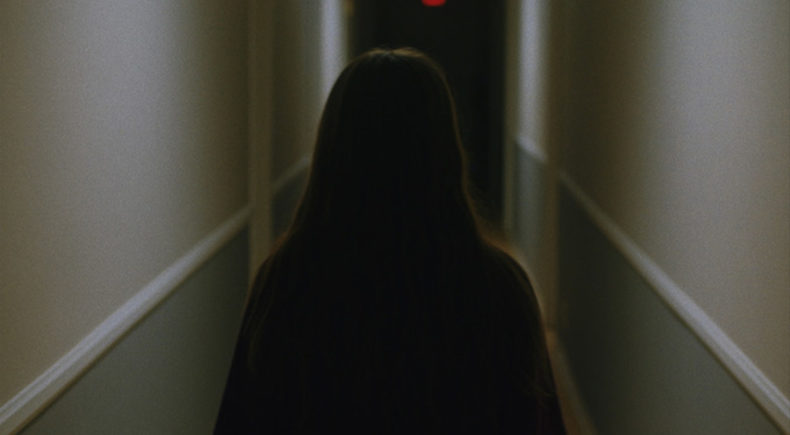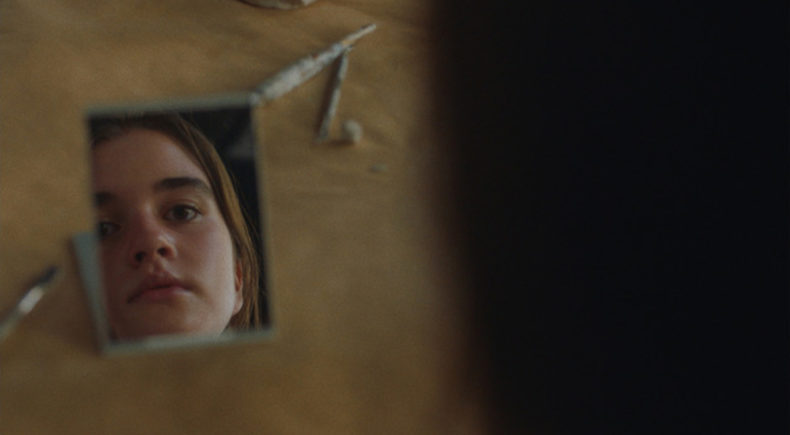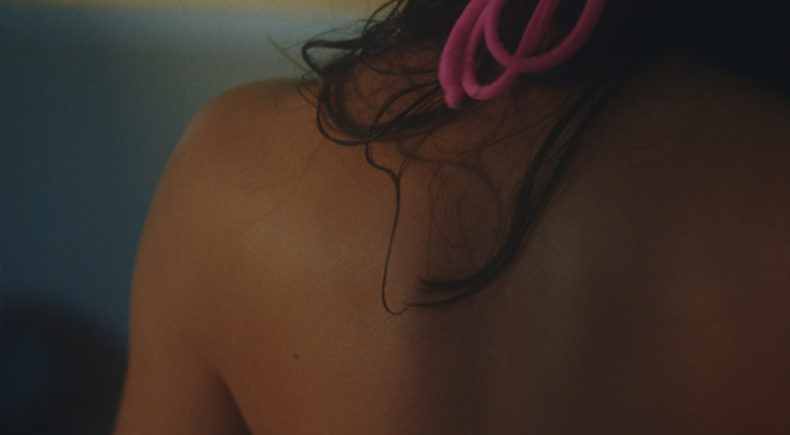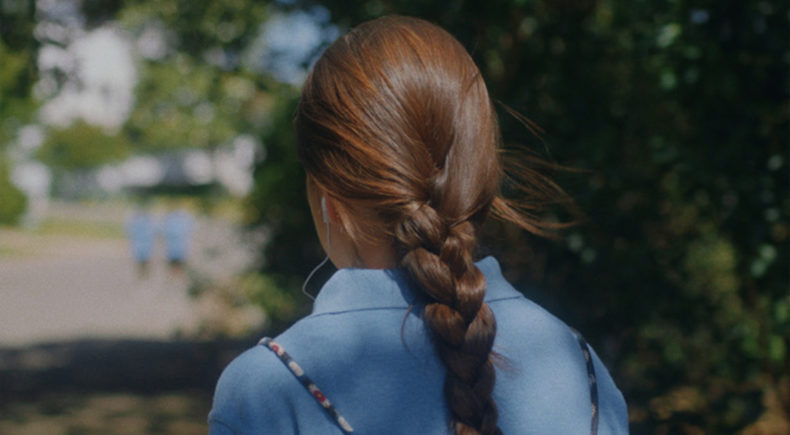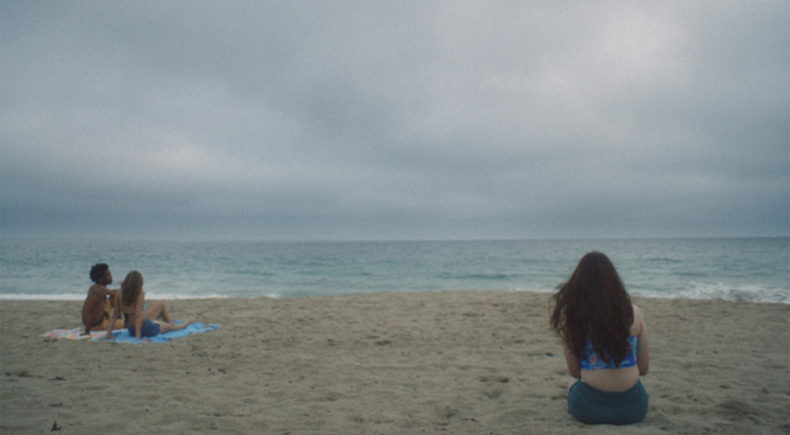Cherubs
Director: Anne-Sophie Bine
United States, 2022, 18 min
Shooting Format:Digital
Festival Year:2023
Category:Narrative Short
Genres:Drama, Coming of Age
WINNER: Best New Director
Cast:Juliet Rusche, Tristan Thompson, Olivia Vemulapalli, Sarah Noble Peck
Crew:Writer: Anne-Sophie Bine. Producer: William David Rodbell. Production Designer: Yara Wang; Editor: Marshall Granger; Composer: Isaiah Beard; Sound Designer: Abe Betancourt, Victoria Sand
Email:anneso.bine@gmail.com
Synopsis
At arts camp, a reserved 13-year old girl feels seen for the first time when an older counselor takes her under his wing. As the boundaries of their friendship begin to blur, she must reckon with the unexpected consequences of her self-discovery.
Trailer
About the director
Anne-Sophie Bine is a Franco-Polish director and writer. Before obtaining her MFA in Directing from the American Film Institute, Anne-Sophie received a BA from Stanford University followed by an MA in Philosophy from Paris-I Sorbonne.
She got her start in the film industry in London, working alongside Oscar-winning Production Designer Rick Heinrichs on Disney’s Pinocchio, then moved to New Zealand to work on Amazon's Lord of the Rings series.
Her work focuses on complex female protagonists making morally gray choices – especially those surrounding sexuality. Her first short, Dog Lover, screened in film festivals around the world, and her AFI thesis, Cherubs, premiered this spring.
Filmmaker's note
The first place I felt power was when I started being sexualized. This began happening earlier, and in more confusing ways than it was “supposed to”. As I emerged from an awkward childhood crippled by my sincere lack of friend-making talents, I began sensing that people would give me attention (negative or positive) when they saw me as a female object. I wasn’t able to metabolize this lesson in any healthy way at that time, and it led instead to all sorts of (mis)adventures, but those are stories for the next films.
The belief system that took hold was that my honest connections with men (mentors, friends, collaborators, etc) could all take a turn because of the shadowy potential of sexuality. I safely assumed that every experience compounding this belief was a shameful secret that belonged to me alone. I spent a lot of my time trying to explain my life to myself in stories, though I never felt like I found the right words.
Though my parents were quick to explain my lack of friends away by how frequently we moved country, I knew that it was really because my secrets were boulders that stood immovably between me and others. They had not seen what I had seen, and therefore we were too different to pretend otherwise.
I was at a party during my sophomore year in college when, mid conversation with a group of girls I hardly knew, one of them announced she had first discovered orgasm at eight years old, through an accidental encounter with a leather armchair. I was floored by this remark. So I wasn’t the only 10 year old who’d freakishly discovered some facet of sexuality?
Such moments started happening more and more frequently: learning, through to a drunken confession, that others (especially women) had been introduced to sexuality in surprising and fraught ways that they had kept secret, letting these stories marinate in their subconscious until such fateful moments where they would emerge, astringent and surprising. Each time, I felt a little less alone, but also weirdly cheated. Why had nobody told me?
To this day, the stories I’ve seen in media have never matched up with my own experience. Though “MeToo narratives” have come to the fore in recent years, they tend to perpetuate a victimhood binary that doesn’t leave much space for the quiet moments I’m interested in. Girls often come of age in much more complicated and nuanced ways, a widespread yet banal kind of trauma.
Because there is a lack of visibility for stories like Basia’s, they are often left unspoken, and the damaging lessons drawn from them are never untangled and undone. I hope to do a small part of that untangling with Cherubs. I think I’ve finally found the words.



